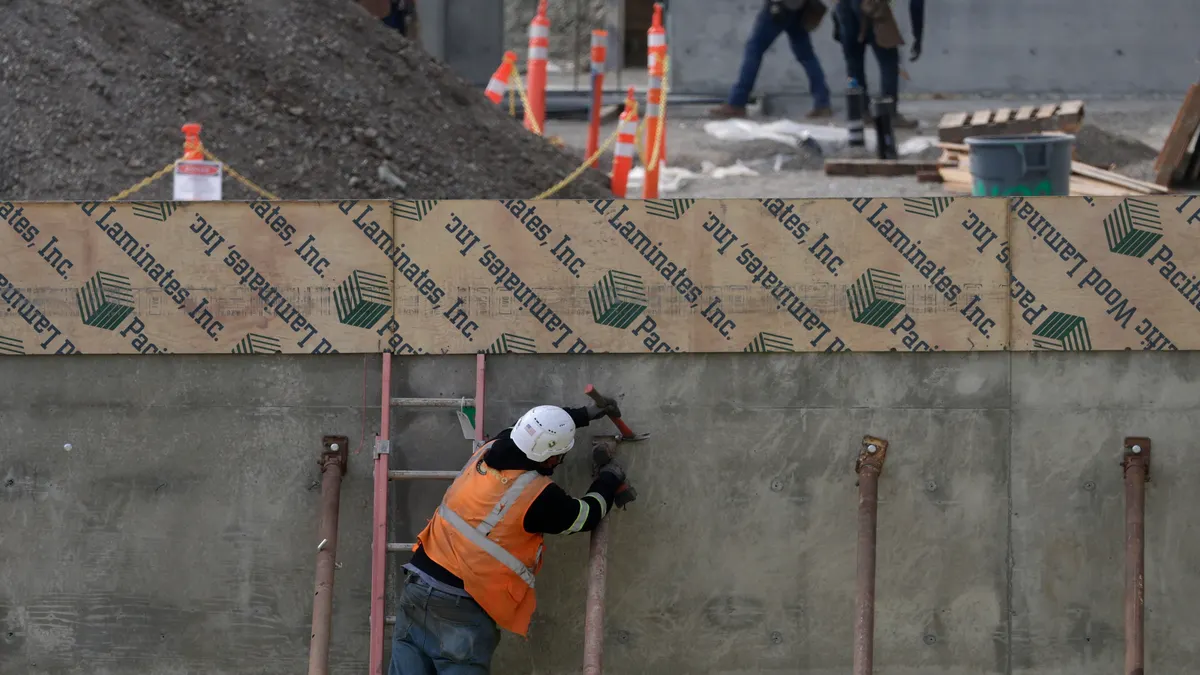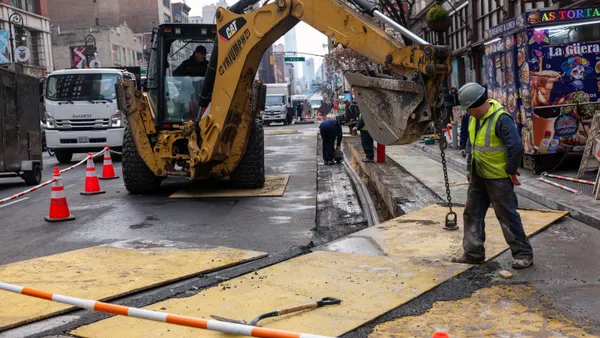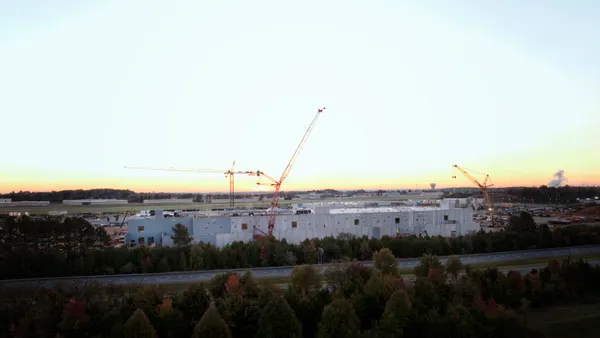Dive Brief:
-
Potential borrowers became “more sensitive” to mortgage rate changes after the recession, suggesting that the Federal Reserve’s lower interest rates helped spur recovery, according to a new working paper from the Joint Center for Housing Studies of Harvard University.
-
A 25 basis-point drop in interest rates improves the likelihood that a potential borrower will pursue a loan by half, according to the report. Per month, that has the potential to raise mortgage originations from roughly 100 for every 100,000 borrowers to 140 for the same group.
-
However, loan-level price adjustments — risk-based fees paid by lenders to Fannie Mae or Freddie Mac — are typically passed on to buyers, the report found. Cutoffs for LLPAs mean a one-point difference in credit score could impact borrowers while lenders receive the same rate. This explains the drop in mortgage demand among low-income, low-credit borrowers following the recession.
Dive Insight
After several years of historical lows, mortgage rates have begun to tick upward and are expected to reach 4.75% by the end of the year. So far, the impact on homebuying has been minimal. According to a Zillow survey, housing activity won’t slow dramatically until rates reach 5.5%.
Rising rates may have a positive impact on the market, however, including motivating buyers to act before rates hiker further and incentivizing looser lending standards.
Still, even small increases will impact the likelihood of first-time homebuyers entering the market. A 0.5% rate increase can add $28 to monthly mortgage payments for every $100,000 owed on the home, according to SmartAsset.
For more housing news, sign up for our daily residential construction newsletter.












